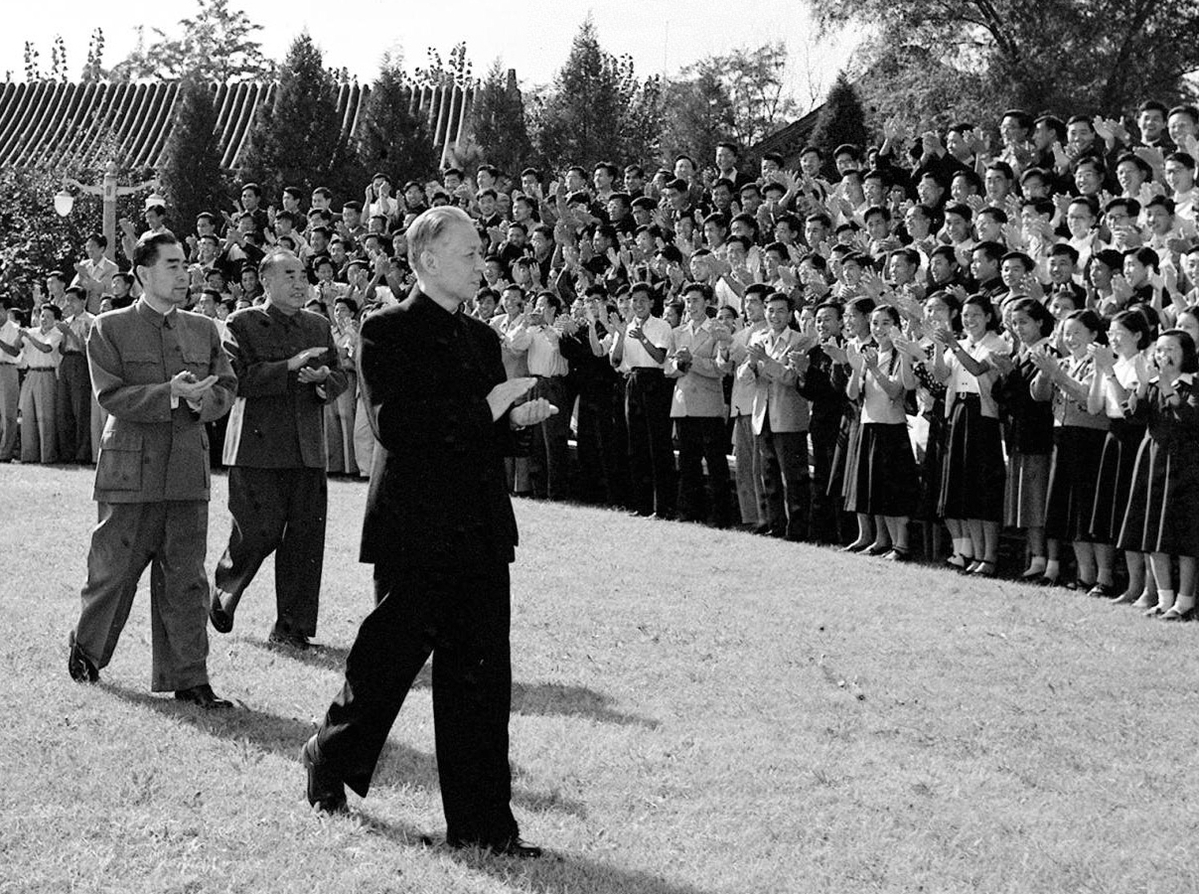Overseas study no longer only for the elite


A novel experience
In 1984, Wang Huiyao went to the University of Winsor in Canada to study for a master's in business administration. Back then, going abroad to study was still a novel experience as Chinese people knew little about the outside world, he said. The feeling was mutual.
"The Western students had odd views about China, and one even asked to touch my head to see if anything was different", he said.
To help them understand China, he held lectures to introduce the country. Wang later found an internship at the Canadian Imperial Bank of Commerce in Toronto.
After the policy to encourage students to return started in 1993, Wang decided to come back and start his own business. He founded a company that introduced foreign investment to China.
In 2008, Wang founded the Center for China and Globalization, aka CCG, a nongovernmental think tank dedicated to the study of Chinese public policy and globalization, and conducted research into a wide range of social science disciplines, including global migration, foreign relations, and the development of international talent, foreign trade and investment.
CCG has grown into one of China's largest think tanks, with its headquarters in Beijing and offices in Shanghai, Shenzhen and Guangzhou (both in Guangdong province), Qingdao, Shandong province, and Hong Kong, as well as representatives in major cities overseas.
Wang is one of many overseas returnees who have made a contribution to China's development in the wake of reform and opening-up.
More than 70 percent of presidents of prestigious universities and over 90 percent of academicians at the Chinese Academy of Engineering and the Chinese Academy of Sciences had studied overseas by the turn of the century, according to a report by People's Daily.
From 1978 to the end of last year, 5.86 million Chinese studied overseas. More than 4.32 million completed their studies, and over 3.65 million returned soon after doing so, according to the Ministry of Education.
The proportion of people who returned almost directly after graduation was around 80 percent last year. In 1987, the rate was about 5 percent, and in 2007, it stood at 30.6 percent, the ministry said. Last year, the number was 519,400, a rise of 8 percent from 2017, it added.
The returnees are increasingly equipped with the skills required to support China's economic development and industrial upgrading, and as such they have become an important pillar of the national labor force.
























